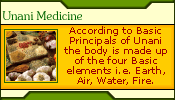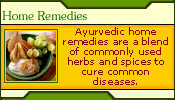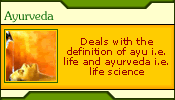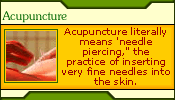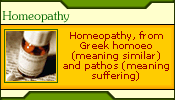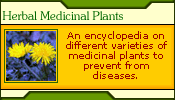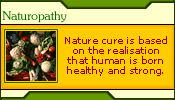|
The word " Vegetarian " was coined by the Vegetarian
Society of the United Kingdom in about 1847. The word does not come
from vegetable as is generally assumed : It is a derivation of the
Latin word ' vegetari ' which means to enliven.
The practice of vegetarianism, however, goes far back in history.
Many noted philosophers and religious teachers urged their followers
to avoid a flesh diet. Brahminism, Jainism, Zoraostrianism and Buddhism
acknowledged the sacredness of life and the need to live without
causing suffering ; so did many of the early Christians.
There are various types of vegetarians. " Vagans "are
the strictest vegetarians who eat only plant foods and exclude all
animal by-products such as eggs, milk, cheese, curd, butter, ghee
and even honey. There are " lacto vegetarians " who eat
plant foods as well as dairy products and " lacto-avo vegetarians
" who eat eggs besides plant foods and dairy products. There
are even fish-eating vegetarians. The common factor among them is
that they do not eat the flesh of warm- blooded animals.
Meat seems to have assumed an exaggerated importance nutritionally.
It is generally mistakenly believed that nutritional deficiences
, especially of proteins and vitamin B12 and poor health may result
if animal foods are eliminated. Studies however, have indicated
to health problems or deficiency diseases for those on a vegetarian
diet.
Of the 22 amino acids -the essential components of proteins - needed
by the body for its normal functioning, only nine need be supplied
by the diet as the body synthesies the remaining 13. The body can
use 100 per cent of this protein if all ten amino acids are in ideal
proportions. If, however, one or more of the essential amino acids
are present in less than the ideal amount, the value of the entire
protein is reduced in the same proportions. On a quality rating
scale of 1 to 100, egg protein is 95, milk is 82, meat and poultry
are 67, fish 80, grains are between 50 to 70 and legumes, nuts and
seeds are between 40 and 60.
The so-called protein deficiency in a vegetarian diet is in fact
more imaginary than real as the contribution of the protein value
of the green vegetables has been ignored and the true protein requirement
is less than that assumed. Green vegetable protein is as high in
quality as milk protein and thus makes a very valuable contribution
to the vegetarian's protein nutrition. The high quality of protein
balances the lower quality of other vegetarian proteins such as
nuts and beans. The recommended daily allowance of 70 value proteins
is 44 grams per day for women and 56 for men. Researchers have now
discovered that the actual protein requirement is much less, being
15 grams per day of 100 value protein or 21.5 grams of 70 value
protein or 30 grams of 50 value protein. A wholesome vegetarian
diet can, therefore, easily meet the body's protein needs.
Moreover, it is possible to combine two low-value plant proteins
to get a protein of higher quality. Thus , wheat which has a deficiency
in the amino-acid lysine but an abundance of sulphur containing
amino-acids can be combined with beans which have the opposite enrichment
combination. Taken together, they complement each other to form
a complete protein.
As regards the adequacy of B12 nutrition, laco-avo vegetarians
and lacto-vegetarians should not feel concerned on this score, as
the B12 needs can be easily supplied by dairy products and eggs.
A quarter litre of milk or 100 grams of cheese or 1 egg per day
will supply the recommended daily allowance. This vitamin once eaten
is stored in the liver. Vagans, however, do not get this vitamin
in their food, yet reliable scientific studies have found no evidence
of B12 deficiency diseases. It is therefore, presumed that this
vitamin can be synthesised in the body.
|



